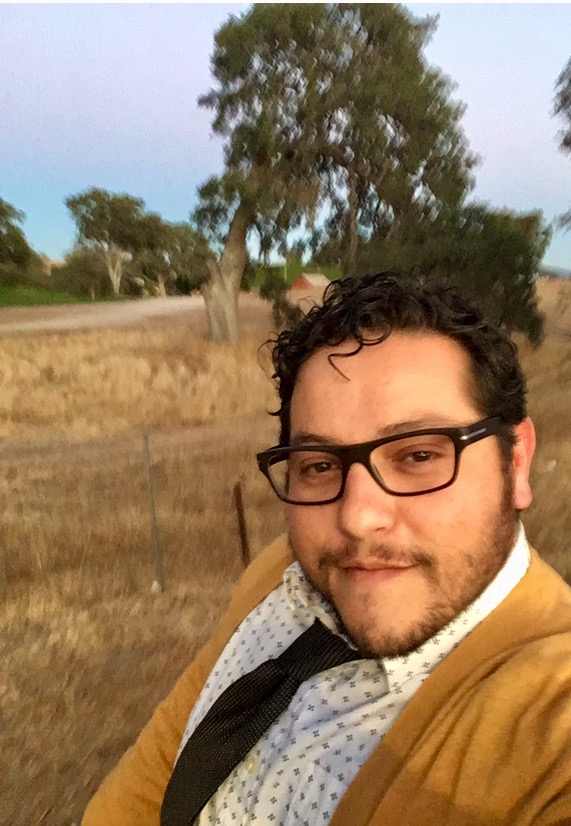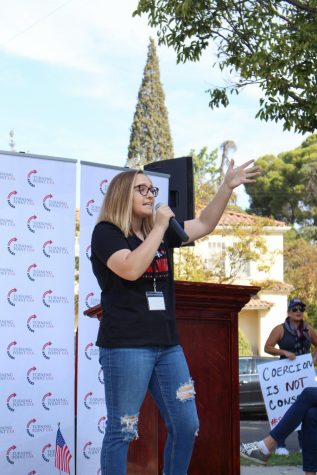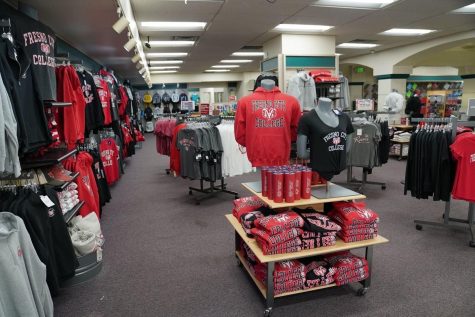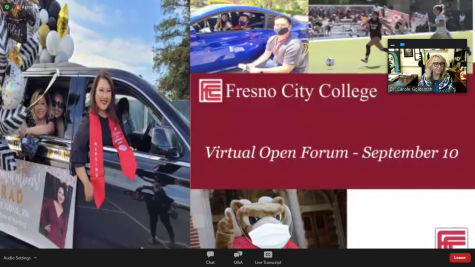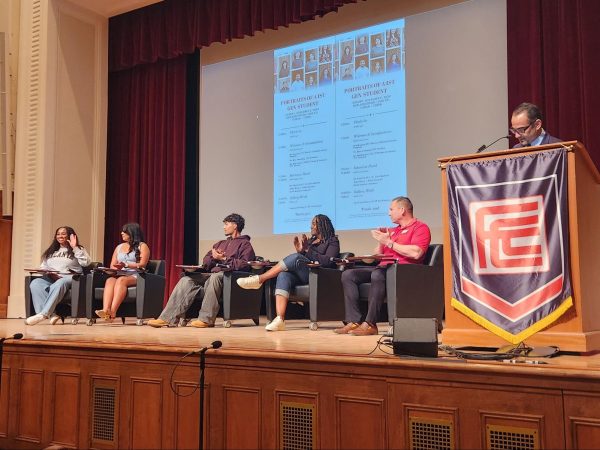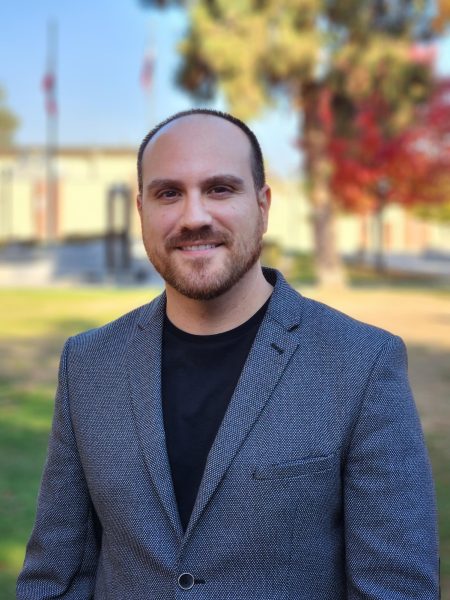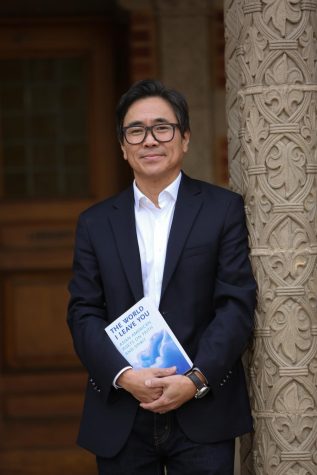Faculty Responds to the Continuation of Distance Learning For the Upcoming Spring Semester
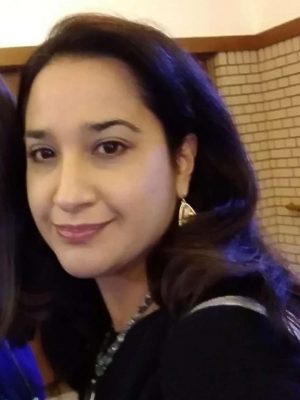
On Aug. 27, the State Center Community College District Chancellor announced the decision that the spring 2021 semester will be taught almost fully online. Considering that last semesters’ closures have impacted most students in one way or another, two faculty members have shared their opinions about the decision and how they plan to handle the continuation of remote teaching.
Julio Treviño, Fresno City College professor of English and coordinator of the Leon S. Peters Honors program, remembers the days prior to the COVID-19 March campus closure.
“A lot of the times, my students were walking into the classroom and you could just feel the anxiety and the worry. That kind of stuff blocks people from sitting in their seats and learning,” he said.
Treviño took steps to help his students deal with their feelings with five-to-ten minutes of casual and open conversations about their feelings regarding COVID-19. “After that, class went smoothly and the energy in the room completely changed.”
Treviño however noticed a change midway through the spring 2020 semester.
“When we switched to online learning, though, that completely changed. That connection was lost.”
While he supports the district’s decision to move most instruction online in light of the COVID-19 pandemic, Treviño misses the face-to-face interaction he enjoyed since his start at the college in 2008. “I am the kind of instructor who really enjoys being in front of a classroom and being with my students.”
Understanding that all of the advantages of in-person instruction will continue to be out of his reach, Treviño is confident in the college districts’ decision for the next semester to remain online.
“Any time that we could do anything to slow or stop the spread of COVID, it is going to be a hard decision but it is the right decision.”
He goes on to say that despite not knowing how the current semester would turn out, he is grateful for the FCC faculty community being so close and understanding. Despite his current nine-class workload, the professor and coordinator is planning to handle next semester by beginning its planning process now.
He added that putting schedules together is a massive amount of work and not making a decision about it ahead of time would result in a huge strain on faculty.
On the other hand, Treviño will see a much lighter workload by only teaching two classes in the spring , a change that he is happy to accept, giving him time to recharge.
Alexandra Gonzales has been the Native American program counselor at FCC for the last five years. Although she currently teaches one class at FCC, her counseling and outreach programs transcend beyond its campus into other areas of the Central Valley due to her 20 years working for the SCCCD.
Gonzales experienced her own set of challenges with the online transition despite having been certified for online teaching five years ago.
“Because of how it happened without preparation, it really affected me personally,” she said. “Due to some changes in work, I was never really able to practice what I learned.”
Gonzales said that despite being caught off guard last March, she drew from the good tools that she remembered from her training, as well as the resources and support provided by the FCC staff.
She attributes the adaptability she and her students’ have demonstrated amidst these unprecedented times to their Native American nature. “We’re flexible, very resilient, and I think that if anybody could think outside of the box, it is probably our community.”
Because cultural programs like Gonzales’ Native American program were designed for in-person instruction in a community-based environment, they needed to find a work-around to keep the flow of the class going.
“My students are awesome. They come together and answer each others’ questions and have even helped each other troubleshoot when technological issues arise.”
Gonzales was not taken by surprise by the SCCCDs’ decision to continue distance education through the spring semester, and is in good disposition for it, despite expressing sadness about how her spring outreach will look this year. However, she finds solace in the decision for the greater good for all. “If it was safe, I think that we would all really embrace it. But until it is, I can understand the decision.”
She is confident in the skills and tools that she has developed this semester. “I am prepared and ready for it. What else can we do but try our best.”
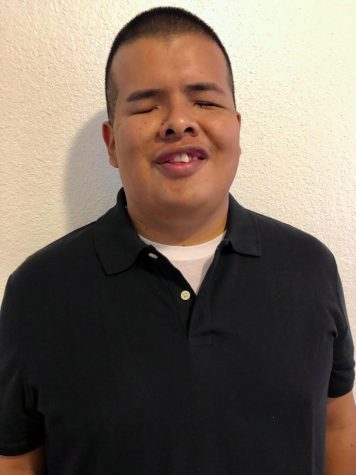
Jessie Martínez was born on December 15th, 1984 in a rural town in the southwestern Mexican state of Guerrero. He is the only son out of seven children...

